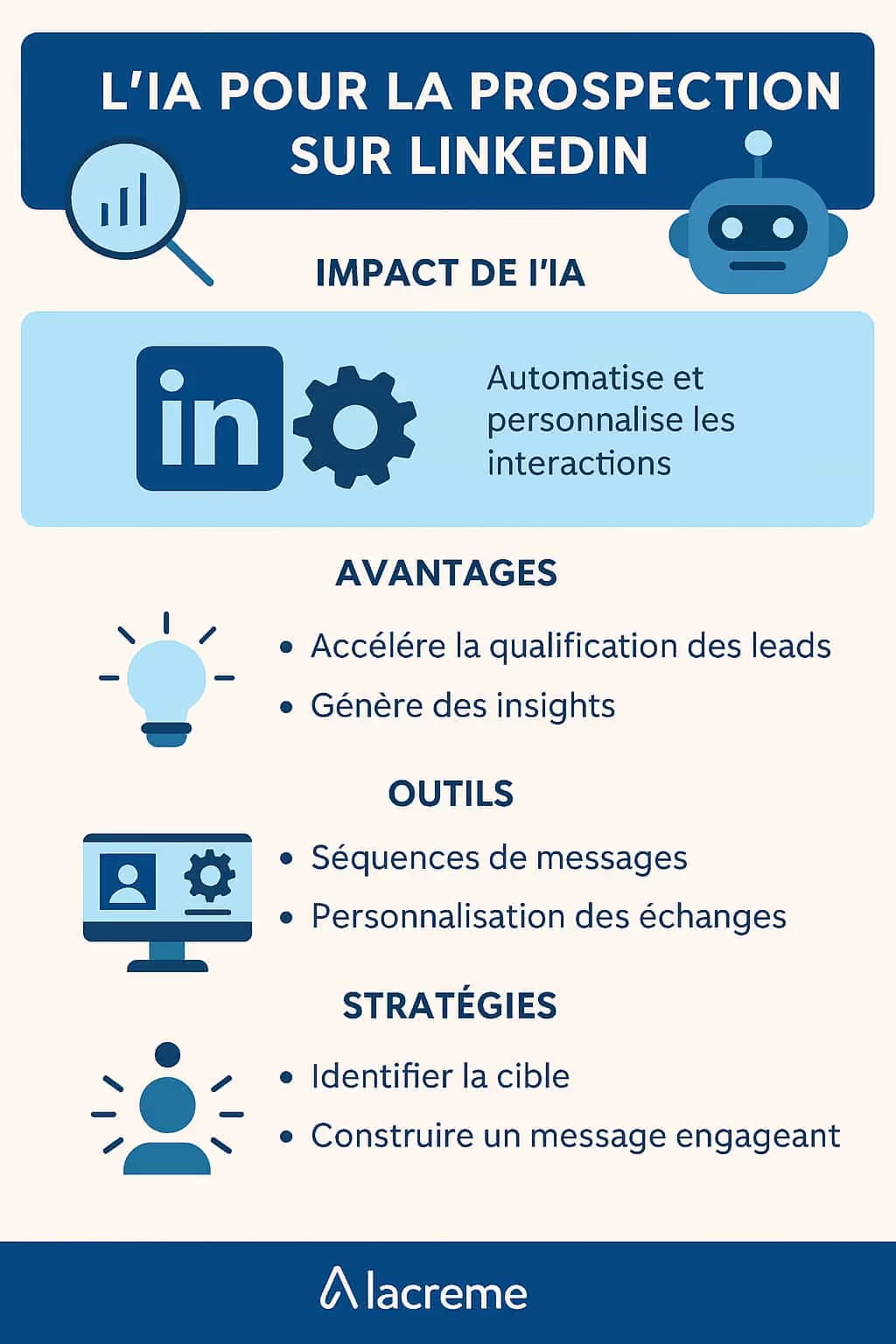The integration ofartificial intelligence (AI) in the organization of sporting events radically changes the efficiency and the experience offered. The increasing use of this innovative technology offers immense potential for the management of resources, the improvement of security, the personalization of the spectator experience and the analysis of athletes' performances.
Main functions of AI in sports events
AI acts as a multifunctional tool in sports events, encompassing the programming of Chatbots to inform visitors, predictive analytics for traffic management, recognition systems for safety, up to the processing of large amounts of data to improve sports performance.
Improving logistics management through AI
La logistics The complexity of a sports event can be greatly improved thanks to AI, making the experience smoother for both organizers and participants.
Optimizing visitor flows thanks to AI
Artificial intelligence makes it possible to analyze and predict the movements of visitors to avoid congestion and improve traffic within the event, thus guaranteeing better management of spaces and reduced waiting times.
Artificial intelligence and event transport management
From planning transport routes to managing shuttle services in real time, AI offers precise solutions to ensure efficient and adaptable transport logistics.
Artificial intelligence at the service of event security
Technological advances in AI ensure a higher level of public safety during sporting events, a significant aspect for participants and spectators.
Facial recognition and risk prevention
Facial recognition systems, powered by AI, help to quickly identify individuals who represent a potential risk and to manage large crowds safely.
AI in viewer engagement and experience
Artificial intelligence offers innovative ways to increase spectator interaction and enrich their experience before, during and after sporting events.
Personalizing the spectator experience with artificial intelligence
Through the analysis of user data, AI makes it possible to create personalized experiences for fans, from recommending seats to offering targeted promotions.
AI recommendation systems for spectator services
Intelligent recommender systems help viewers navigate the catering, merchandising, and other service offerings to maximize satisfaction and engagement.
Data analysis and sports performance: the contribution of AI
AI is transforming how athlete data is used to optimize sports performance and strategies, as well as to improve injury prevention and management.
Real-time performance prediction and strategies
Machine learning algorithms analyze performance data in real time to help coaches and athletes adjust their strategies during competition.
AI and athletes' health: prevention and rehabilitation
Artificial intelligence plays an essential role in monitoring the health athletes, allowing the early detection of potential health problems and offering personalized rehabilitation programs.
Conclusion: AI, an essential revolution for sports event organizers
In short, the integration of artificial intelligence in the organization of sports events is redesigning the industry landscape. Its impact on logistics, safety, spectator experience, and athlete performance demonstrates that AI is not just a trend, but a revolution that is shaping the future of sporting events.






